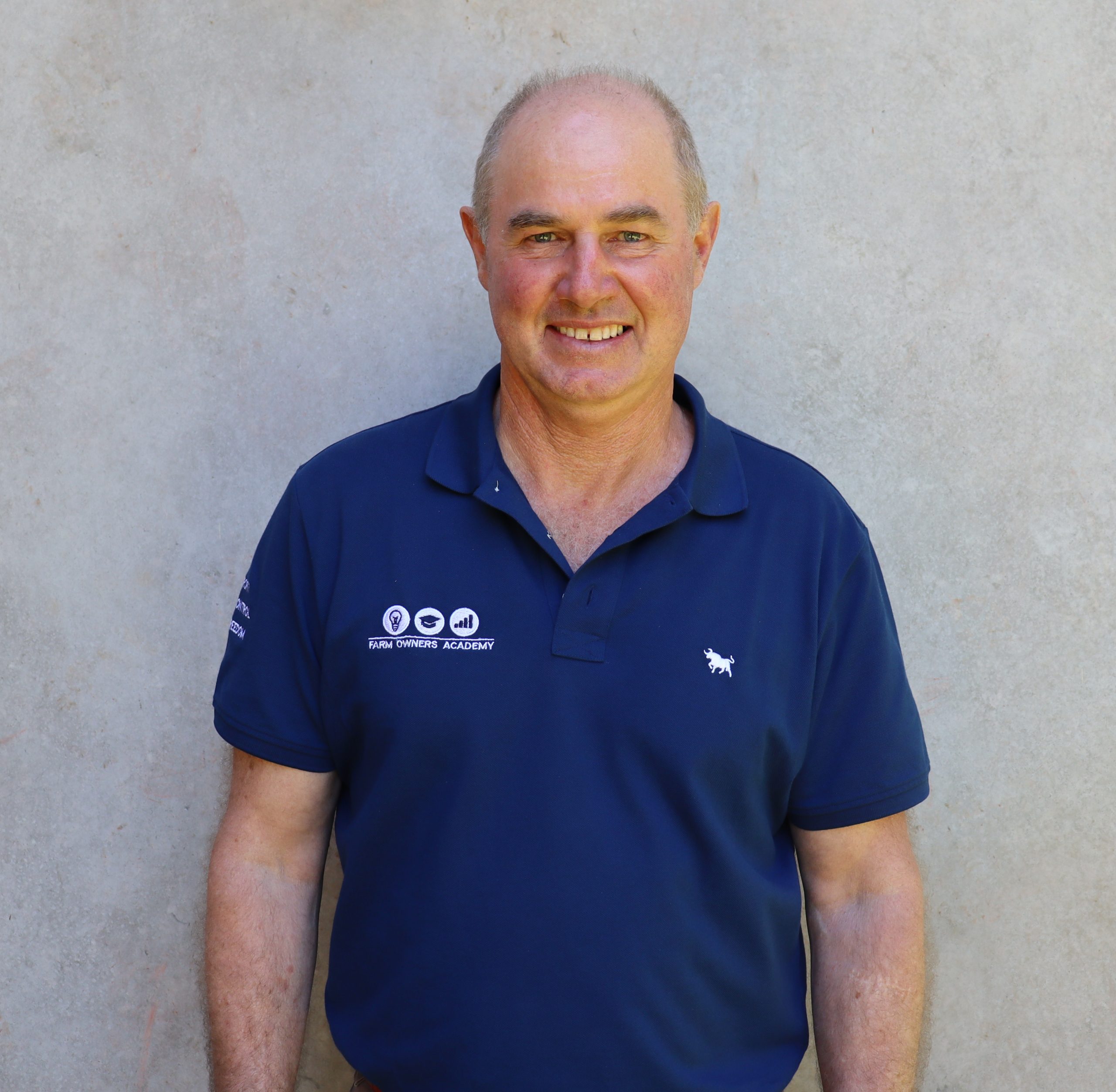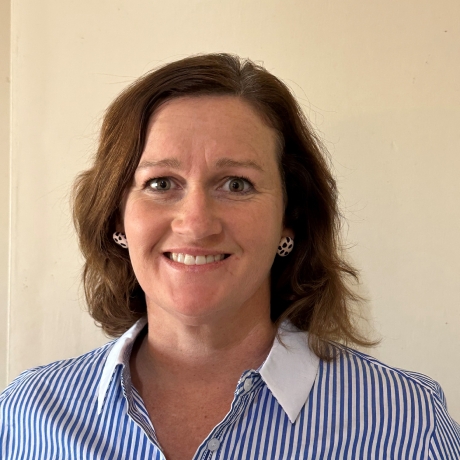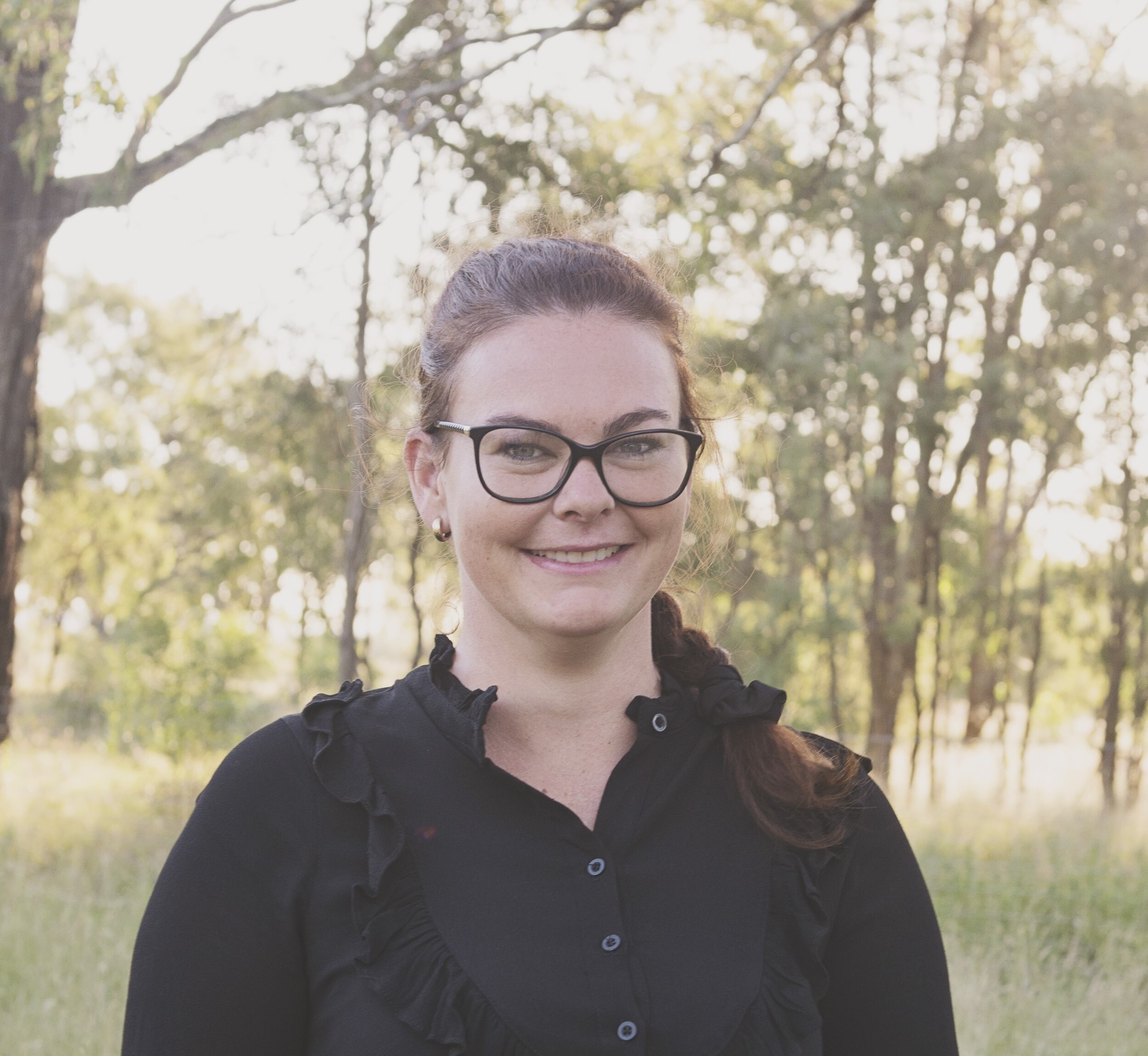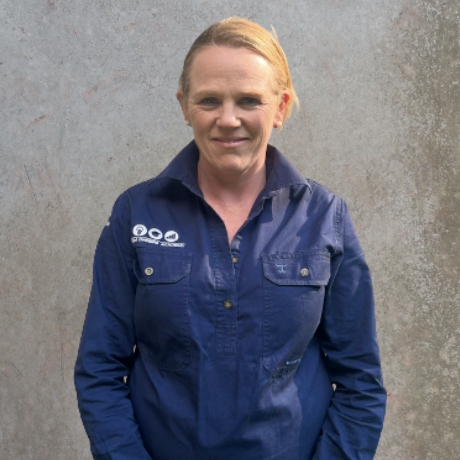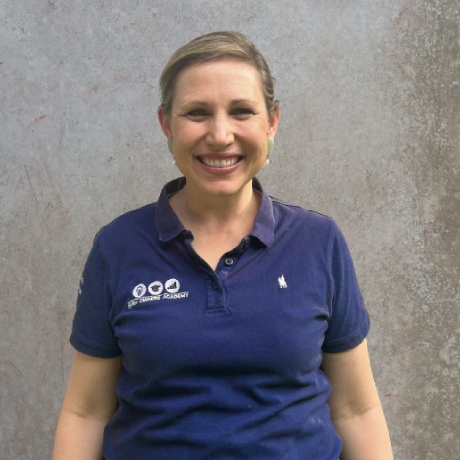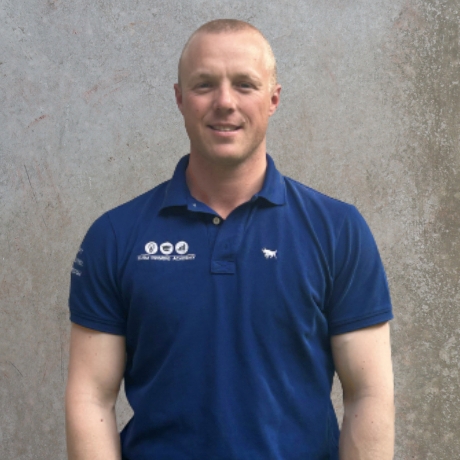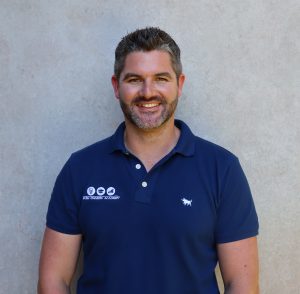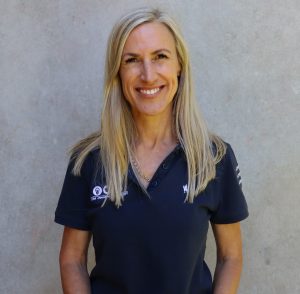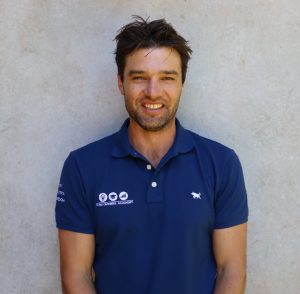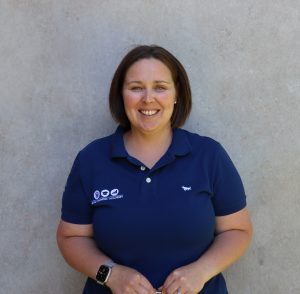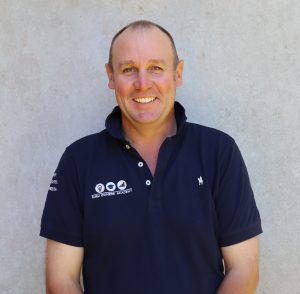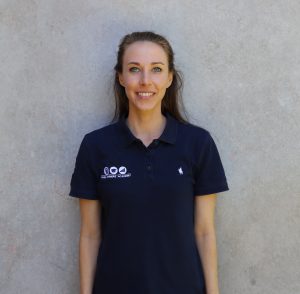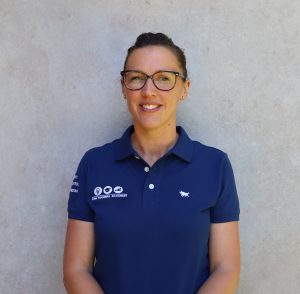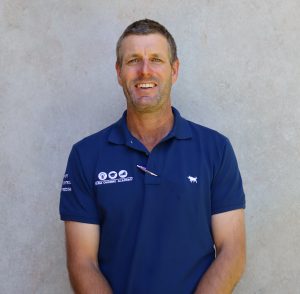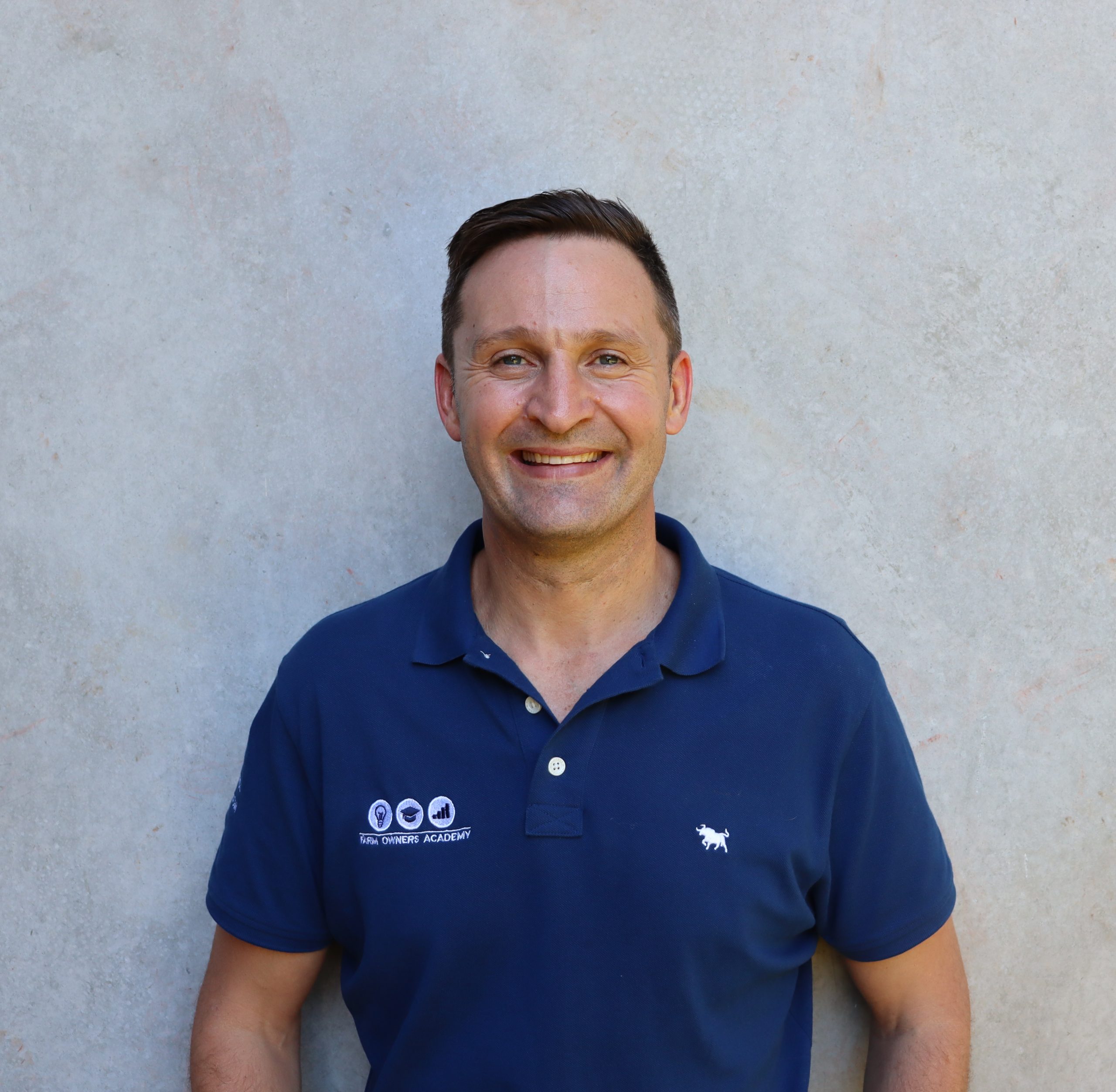Don’t hold your business back in the name of tax minimisation
A few months ago we sat down with Jeff McDonald, Executive Director of RLS Agribusiness, to dive into the common mistakes farming families make around tax time, how to change your perspective on what you want to achieve at the end of each financial year, and how we can help you move your farming business to the next level through programs like the Farm Financial Framework. We spoke with Jeff in Episode 98 on The Profitable Farmer Podcast,
which you can listen to here.Jeff shared many valuable insights, and we also spoke with two of our Farm Financial Framework training Alumni families who shared the changes they’ve made to their farming businesses and the great successes they continue to enjoy as a result.
Now that we’ve entered Q4 of FY23, and EOFY will soon be upon us, we thought it the perfect time to revisit Jeff’s advice around tax minimisation and business opportunity.
Start by giving your Accountant the full picture of your farming business
Come tax time, farmers often ask the same questions of their accountants and have the same goal; how do we minimise our tax? Jeff and I argue that this may not be the best question to be asking, or the best goal to have in mind at the end of every financial year. The nature of the questions you ask are paramount. You have to consider that your accountant will advise you based on the strength and depth of your questions, so if you ask only tactical or operational questions, you will receive good answers.
However, this does not allow your accountant to understand the full picture of your farming business and therefore may be inadvertently limiting your goals and future growth. It is essential to view your business from the top-down, rather than the bottom-up. This means the kind of questions to ask should be based around problem solving bigger picture challenges or goals you have for the next 1, 5, and even 10 years. We know this can be difficult, because it can often throw us into some confusion and the scary prospect of considering future ‘unknowns’. However, asking only small-level, bottom-up questions can significantly limit the potential of your farming business further down the track.
The conversation should be about more than JUST tax minimisation
Focusing solely on minimising tax at tax time is a “bottom-up” approach. A short term fix of minimisation, or deferment, as Jeff calls it, can escalate problems and leave you chasing your tail in coming years.
If you do choose to defer your tax, you have to consider what your longer-term plan is. Unlike any other sector, farmers are in a unique position in their ability to defer tax and use Farm Management Deposits (FMDs). From Jeff’s experience, this can lead to a potentially risky mindset within agriculture that doesn’t always lead to the smartest long term decisions.
For example, the common reluctance to take money out of FMDs or using profit to buy unnecessary machinery in order to minimise tax, may not be the best long term solution for your specific situation. Clearly, making quick decisions every year with the constant aim of minimising tax is not the smartest mindset to have during tax time.
Why the type of Accountant you choose is paramount
It is essential to consider the type of accountant you choose to engage. Accountants are experts in their particular field, and engaging a tax accountant at tax time can seem like the smartest option. Tax accountants are statisticians and will tell you how your business performed over the past year and ensure you comply with and pay only the amount of tax you are required to pay. They do this very well.
However, engaging a management accountant will ensure you have a ‘navigator’ for your business’s future. They will advise you on what is coming, warn you of potential risks, understand your business strategy and advise you on how to grow and make your business stronger. Tax accountants do an excellent job at tax, however you cannot expect them to be your navigator; you must be realistic with the expectations you place on the people you choose to work with. Therefore, engaging a management accountant with experience in agriculture, like RLS Agribusiness, will not only benefit you, your business and your future goals, but will also look good to your bank. Your bank will have evidence to prove that you aren’t just ‘winging’ it every year at tax time; instead, you are being proactive, getting ahead and considering the impact of your decisions in the future.
The bank cares about more than just equity these days – so give them what they want
Your ability to inform your bank of your farming business’s progress is essential. This is more than submitting a financial statement to your bank every year; you should be able to provide credible evidence, based on data, that explains your performance history, provide a ‘year in and year out’ snapshot based on reasonable assumptions, cash flow forecasts, your 12 month budget and your ability to service your loans.
Equity used to be seen by farmers as their driving force behind stability for a bank; this is no longer the case. Your bank needs to be able to see that you can not only repay your loans over appropriate terms, but that you, as CEO, fully understand the financial impact of your business decisions, have forecasts for the future, keep and use data and seek advice from experts where necessary. It is no longer sustainable to run our farms the way our parents and grandparents did. You, as a business owner, must be able to provide a rich and full narrative of your business’s past, present and future.
You don’t need to know how to do all of this today!
Now, if what you’ve just read is alarming you, please understand; you are not expected to have all of these skills! Australian agriculture has changed dramatically in the past five years and what previously worked well for farming families, where most would return to the land straight after school or attending an agricultural college, is no longer enough. Banks expect you, as CEO, to be financially literate.
However, you don’t have to cover every single skill to achieve this yourself. We know that asking for help can be difficult, because our pride often gets in the way of enacting change. But this is where advisors like Jeff from RLS Agribusiness, management accountants, and our Farm Financial Framework training can fill in the gaps and help you to upskill. Being brave enough to recognise in yourself that you’re not yet as financially literate as you need to be and deciding to improve yourself and therefore your business is one of the hardest steps to take- but it is so worthwhile!
How Farm Financial Framework (FFF) Alumni have used their skills to make more profit in their farming businesses
Case Study 1: Emma & Nick Strong, Dairy Farmers from Kiama, NSW

FFF Program Alumni, Emma and Nick Strong, are wonderful examples of how undertaking our training and committing to taking their farming businesses to the next level is so worthwhile. Emma and Nick own a dairy farm near Kiama on the NSW south coast and have made some absolutely groundbreaking innovations on their farm.
Before undertaking our FFF Program, Emma says she was running the business ‘blind’ as she had limited financial literacy and had no idea how their financial decisions were helping or hindering their business. They had budgets but didn’t always refer back to them, especially in tough times, and just kept plodding along doing things the same way they’d always been done.
Since doing our FFF training, however, Emma says every decision they make comes back to their budget and future forecasts to ensure every financial decision aligns with their business goals. They get paid every month, go back over their budgets every month and compare their forecasts with their actuals every month to ensure the budget is modified if necessary and to make sure their goals can be met, regardless of seasonal or unforeseen challenges.
Our FFF training really demonstrated to Emma and Nick how much a small change in income impacts their bottom line, and how important it is to be across all key ratios in real time. They have been able to make and monitor their targets for big expenses regularly and have a much better, well-rounded understanding of their business for themselves and their bank.
Their relationship with their accountant has also significantly changed, from being told at the end of each financial year how their business had gone, to now being the ones informing their accountant and bank of their forecast for the next 1-2 years, what growth opportunities they’re seeking, what their KPIs are and how the business is performing financially. It’s been an absolute game changer!
Case Study 2: Mel & Tom Crockett, Broad Acre Cropping, Sheep & Cattle Farmers from NSW

Our FFF training has been similarly impactful for Mel and Tom Crockett, who run their third generation broad acre cropping, sheep and cattle farm in central NSW. Mel came into their business with significant skills in records, budgeting and data collection from her previous job on a corporate farm, however she admits she was lost in how to actually use the data and apply it to her farm.
Since completing our FFF training, Mel and Tom are performing at the absolute top of their game and regularly complete:
- A monthly cash flow review
- Compare monthly budgets to actual figures
- Run quarterly meetings with older generations on the farm to keep them in the loop and discuss big financial decisions
- Complete annual benchmarking
- Set one, three and ten year targets
- Spread their cash flow budget over five years so that the implication of every financial decision made on the farm is considered in the long-term
Their relationships with their bank and accountant are thriving because they can see that their farming business is run with long-term, big picture goals in mind, and that Mel and Tom are fully accountable for every decision.
Unsurprisingly, Mel & Tom, and Emma & Nick have both won our ‘Golden Tractor’ Award as recognition of the way they’ve willingly upskilled and applied our training, not just around financial management but all aspects of their business development. Their results on the back of a few tough years of drought have been spectacular!
These amazing members of our FOA community really demonstrate how important it is to have the right advisors around us and to really consider the kinds of questions and expectations we have of them. In order to run a good business and have risks under control, it is essential that you bring in the right people to help you.
There is no shame in recognising you need help and asking for it!
What can you do NOW before EOFY Tax Time?
Our Farm Financial Framework training is a program our FOA Co-Founder, Greg Johnsson, has dedicated forty years of his life to creating and refining. It is a self-paced online program that runs over 10-12 weeks, with a further 12 months of our support offered to help you apply what you have learned to your business (so that you can make the kind of changes Emma & Nick and Mel & Tom have made over the past few years!).
It is so important for your business and your family to upskill your financial literacy, so why not do so with the support and expertise of our FOA community? You can learn more about the Farm Financial Framework program here.
If you’re not ready to commit to a longer-term Program just yet, our next TOP Producers Workshop, held on 26-27 June 2023, might be a great place to start. This 2-Day event held on the Sunshine Coast (or attend virtually online) will teach you the fundamentals in transforming, optimising and propelling (scaling up) your business. It all starts with you, and we guarantee you that these will be two of the most productive days of your entire year!
Alternatively, if you would like to discuss your own farming operation, needs, or to simply have a chat, please get in touch with us on 0447 184 167, or email [email protected] at any time.
By Jeremy “Hutch” Hutchings, Managing Director of Farm Owners Academy. You can listen to Hutch discuss creating value in business on Episode 98 of The Profitable Farmer podcast.
Building Resilience
...
Breaking Free from Scarcity: The Abundant Mindset in Farming’s Tough Times
...
Book review – The Practicing Mind
...
3 things to consider if you are going through a cash flow crisis
...
How these farmers went from working 7 days per week to 5 months off
...
The power of asking a good question
...










